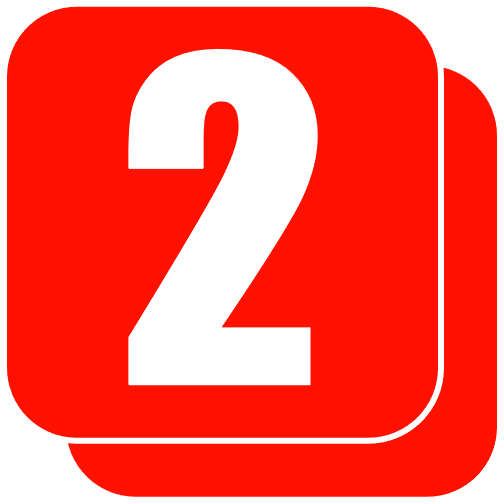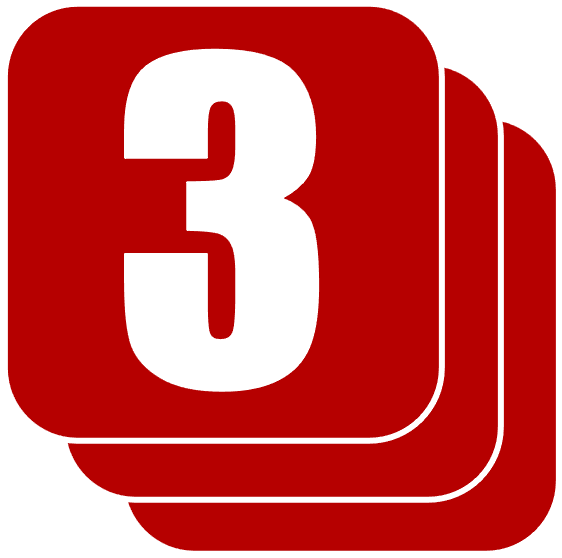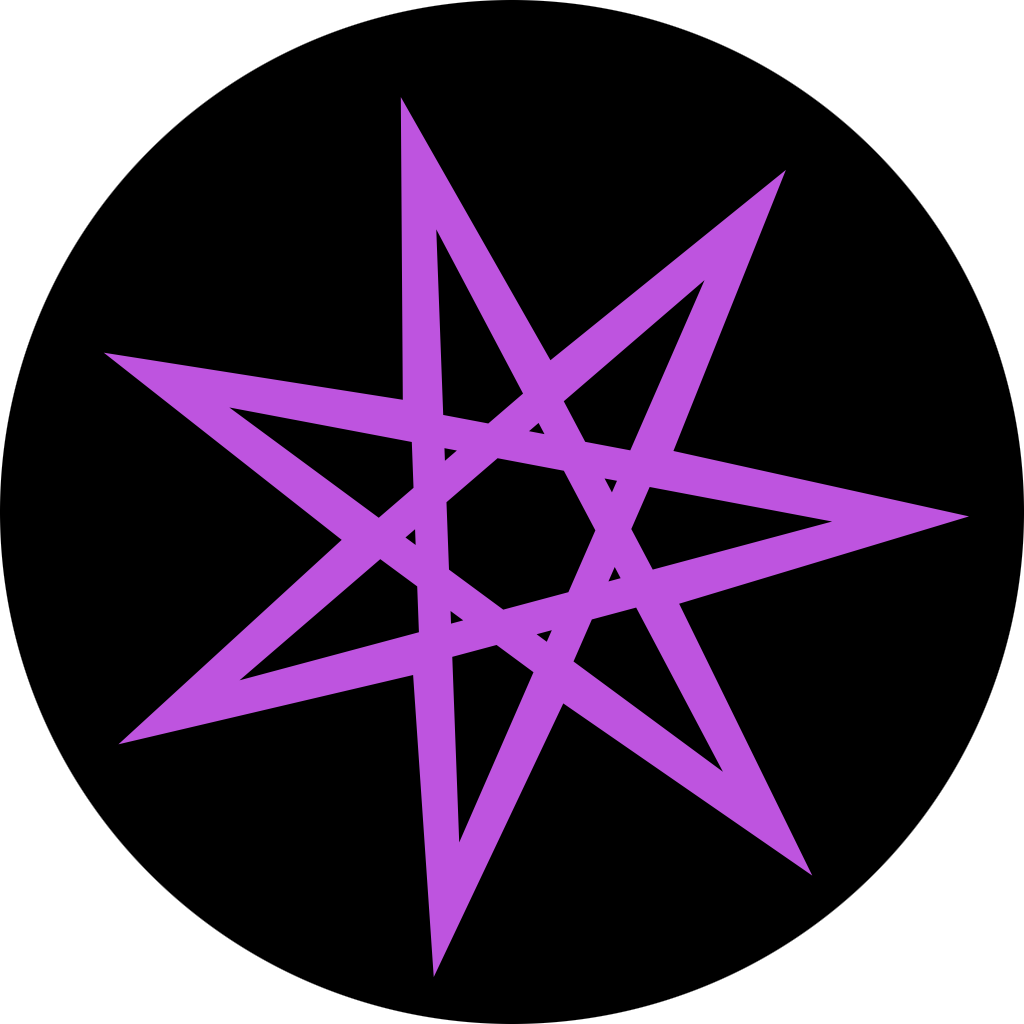

Spells are the primary way most users of ancient Aetherian magic express their abilities. A spell is essentially a pre-written sequence of magical events that a person can commit to their subconscious, allowing them to cast the spell for a certain repeatable and predictable effect. All spells require magical energy, and can only be cast by a person who has unlocked the ability to use magic.
Modern magical organizations such as the Torchlight society classify spells into six forms of magic, based on the aspect of the caster's physiology (ability scores) that plays a part in performing them.
There are eight types of spell that are each cast in a unique way.
| Type | Description | Handedness | |
|---|---|---|---|
 |
Quick | Quick spells take one frame to cast, and can be cast as reactions. | One-handed |
 |
Spell (Standard) | Standard spells take two frames to cast. This is the most common type. | One-handed |
 |
Channeled | A Channeled spell must be channeled for three frames before casting, plus a full round of unbroken concentration. | Two-handed |
 |
Cantrip | A Cantrip is a spell performed as part of another action. | Asomatic |
 |
Sustained | A Sustained spell can be continuously cast for an ongoing effect every round. They take one frame to begin casting. | One-handed |
 |
Long | Long spells are more powerful spells that take a longer amount of time and require additional materials, such as alchemy ingredients. | Two-handed |
 |
Enchantment | A spell that provides a lasting effect on an object. They require aetherium as a source of energy for their long-term effects. | Two-handed; requires aetherium diffuser and may include material components |
 |
Ritual | A Ritual is a long and exceptionally powerful spell that requires multiple spellcasters to combine their abilities. | Two-handed for all participants; may include material components |
| Keyword | Description |
|---|---|
| Ancient | Spells created by the Tolgethic civilizations thousands of years ago. They make up the majority of known spells and tend to be very well refined and reliable. |
| Modern | Spells created by the Torchlight Society or other New Era mages of the current age. As these spells are newer and less practiced, they have a greater chance of wild magic side effects when cast improperly. |
| Otherworldly | Spells that originate in other planes of reality. It's not clear who or what invented them. |
| Static | A static enchantment or spell can't be amplified. |
| Projectile | The spell produces a projectile that inflicts the spell's effects on the first target it hits. The range of the spell describes how far the projectile travels, and whether it travels in a straight line or an arc. The spell counts as a Ranged Spell Attack, and the caster can add their Marksmanship modifier to the check, which must roll high enough to cast the spell and hit the target. Projectile spells can be dodged and blocked as reactions. |
| Attack | The spell counts as a Spell Attack even if it doesn't have a damage value. This allows the spell to be used with certain special abilities, like Spellstrike. |
| Targeting | The spell locks onto one or more targets of a specific type. In most cases, you must be able to see the target(s) or know their exact whereabouts. The range of the spell determines how far away the target(s) can be. Targeting spells can't be dodged. You must choose all targets before rolling to cast the spell. If a reaction to the spell causes a target to move out of range or otherwise no longer be a valid target, it is unaffected. If all targets are unaffected, the spell automatically fails. |
| Concentrated | The sustained spell requires undivided attention. While sustaining, the caster must use all available action frames including reactions to sustain the spell. Performing any other action (except movement and free actions) breaks the caster's concentration and ends the spell. |
| Construct | The spell creates one or more constructs, which are ephemeral objects composed of magical energy that persist for a set amount of time. |
| Area | The spell affects all targets of a specific type within a certain area. The range of the spell describes the size and shape of the area. In most cases, the area is centered on the caster. |
| Effect | The spell leaves a lingering status effect on its target that lasts for a specified amount of time, or until a certain condition is met. |
| Interactive | The spell targets one or more creatures during a conversation. It can only be cast during an interaction phase. |
| Ephemeral | Casting the spell creates an ongoing effect that the caster can stop at any time by Ending the Spell as a free action. Unlike Sustained or Concentrated spells, these may be of any type and do not require the spell to be continuously sustained. The effect may also expire after a certain time, even if the caster doesn't end it. The effects of an Ephemeral spell persist if the caster is incapacitated, but end if the caster is Dying or dead. |
| Contested | The spell requires a contested save - the caster rolls a check of their own (usually Spellcasting) to determine the save difficulty. These spells always require the caster to make a check to cast them, even if they're trivial to cast successfully. |
| Asomatic | Asomatic spells don't require the use of the caster's hands - they can be cast purely with the mind. |
| Beam | The spell produces a beam of energy that passes through creatures and transparent objects to hit multiple targets. The range of the spell describes how far the beam travels in a straight line. It affects all targets in its path. The effectiveness of the spell may be reduced at long range. |
| Stealthy | Casting the spell doesn't produce any significant visual or auditory effects that would cause a sneaking caster to give away their position. |
| Variable | The spell's energy cost and/or casting difficulty are variable. This is common of open-ended spells where the caster describes the exact effects each time it is used, such as in the school of Transmutation. The spell might specify circumstances in which the energy cost is higher, or the decision might be left up to the GM based on the specifics of the effect chosen by the caster. A Variable spell always includes a base casting cost. The cost can never be less than this amount, but it can be significantly higher. |
| Scaling | These spells have no level and can't be amplified. Their power level increases with the level of the caster, usually based on an attribute in a class table. The majority of these are innate abilities. |